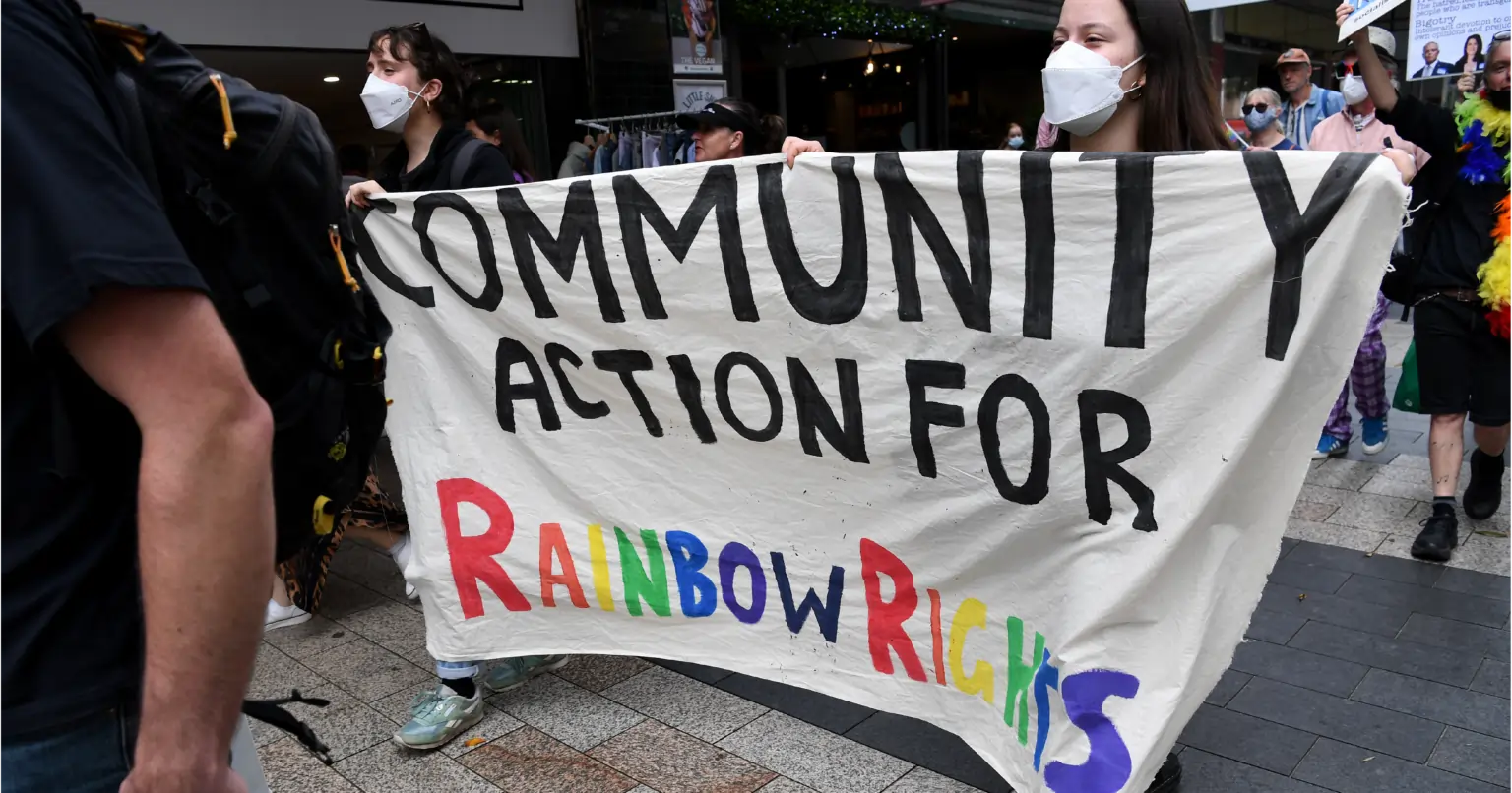Tomorrow is Good Friday.
I often say you don’t have to preach or be a regular churchgoer to have an interest in the Easter message; but its significance is often destroyed by the jargon and mumbo jumbo that surrounds it.
Easter is about two important events – a crucifixion and a resurrection, crucifixion being, at root, an expression of the dark mystery of evil which increasingly, today, we see all around us, domestically and internationally.
Think how many times we hear of events and know they are an appalling manifestation of evil.
The daily media is full of stories of the vilification of people, of murders and stabbings and, of course, in relation to Ukraine, the naked butchery carried out by one man against his fellow men and women.
We wonder how this can be and we ask, often, how evil can have such an imposing place in our world.
This is part of the Easter message because the resurrection on Easter Sunday is the symbolic triumph of goodness over that evil.
In the Easter message, it is the triumph of life over death, an issue with many people grapple.
People ask, does good really triumph over evil?
The 19th Century poet, Gerard Manley Hopkins, was a devout Catholic but he often mused, “Why do sinners’ ways prosper when all I endeavour in disappointment ends?”
It often seems that we are living in an age where greed, injustice, selfishness, violence, dishonesty and envy dominate our lives.
We see innocent people ruined through drugs; other innocent people see their livelihoods destroyed by flood, fire and drought.
And we see governments who, fundamentally, pretend to care but when you check the record, there is more abandonment than caring.
Recently, we have seen people suffering from floods, victims who have lost everything, children who have lost their books, their toys and their school, farmers have lost their stock, small business have lost their business and, above all, people are stripped of their dignity.
But they are asked to fill out endless forms to qualify for a measly couple of thousand dollars.
There is a National Disability Insurance Scheme with a budget provision, this financial year, of $34 billion but people with severely disabled children fill out mindless forms and get nowhere.
Why don’t people care?
Why does government pretend to care but rarely deliver?
We had a Royal Commission into banks with the overarching conclusion that banks didn’t care and cast people onto the streets.
So aren’t we entitled to ask ourselves whether people have any comprehension of the Easter message?
What about the evil visited upon our children, in so many ways.
Governments are happy to talk about the pollution of the environment.
No one talks about the pollution of young peoples’ minds through an education system that teaches climate change as if it were a biblical truth but doesn’t teach geography or history; seeks to radicalise children rather than teach them maths and English; and ignores the ultimate pollution of young peoples’ minds through social media, violent videos and film.
Sadly, the contemporary history of human behaviour is too often a case of putting ourselves first and hoping that others can manage as best they can.
We talk daily and endlessly of people who think nothing of metaphorically putting their hand in someone else’s pocket, the maxim being, I don’t work but I am entitled to ask you to help me survive.
In all these things, the crucifixion and resurrection have relevance.
The crucifixion of Jesus of Nazareth was a statement of human nature, demonstrating the power which evil has to distort the truth.
Jesus of Nazareth was, by all accounts, a good man.
The crucifixion, which is tomorrow’s religious metaphor of Good Friday, proves that goodness offered him no protection.
The Easter message, though, reminds us that there are crucifixions in every generation but, on Easter Sunday, we remember the resurrection.
Amidst the death and evil of Good Friday is the hope of Easter Sunday.


 Live
Live






